Interview with Petr Šolc, Brand Director, Skoda India
As Skoda celebrates two years of its India 2.0 program, we speak to the new Skoda India Brand Director – Petr Šolc – about their progress in the Indian market, and what we can expect from Skoda in the near future.
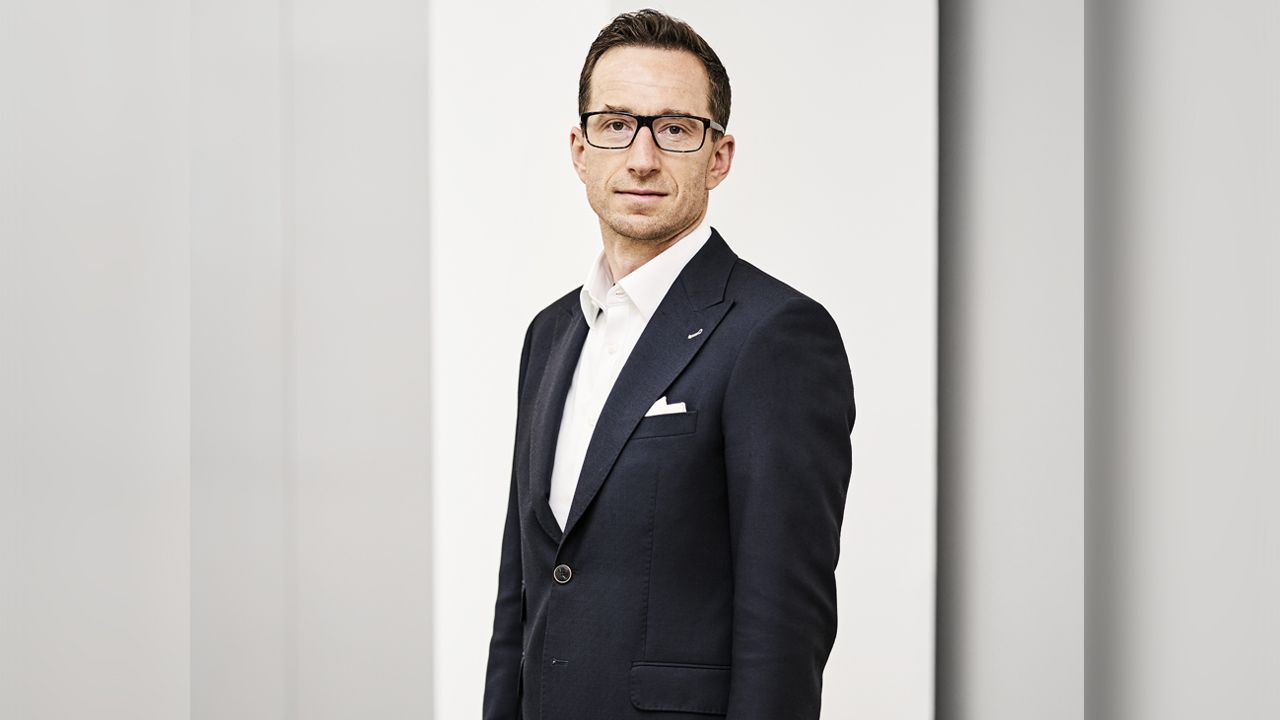
India is undergoing a massive change with regard to EVs and emission requirements. Where do you see the future of the Skoda brand in the mid-to-long term, and what are the areas that you can explore further?
For me, electrification is definitely an exciting transformation that’s inevitable – whether we like it or not. This is something that I realised while I was taking care of Northern Europe, and it all started a few years ago in Norway with some efforts and subsidies from the governments – both for end customers and companies – and as a result, if you look at the Norwegian market, 60% of new vehicles on sales are EVs. And now, it is spreading further in the UK, Netherlands, and Belgium. I can also see the beginning of electrification in India. Of course, it started with two- and three-wheelers, but now the government is also focusing on electric buses and public transport, and the next step will be a more focused transformation of four-wheelers. So, I do believe that the EV transition is going to happen, and as the head of the Skoda brand in India, I would like to be a part of it. In conjunction with the Skoda board, back at headquarters, we are thinking of penetrating the EV market in the foreseeable future in India.
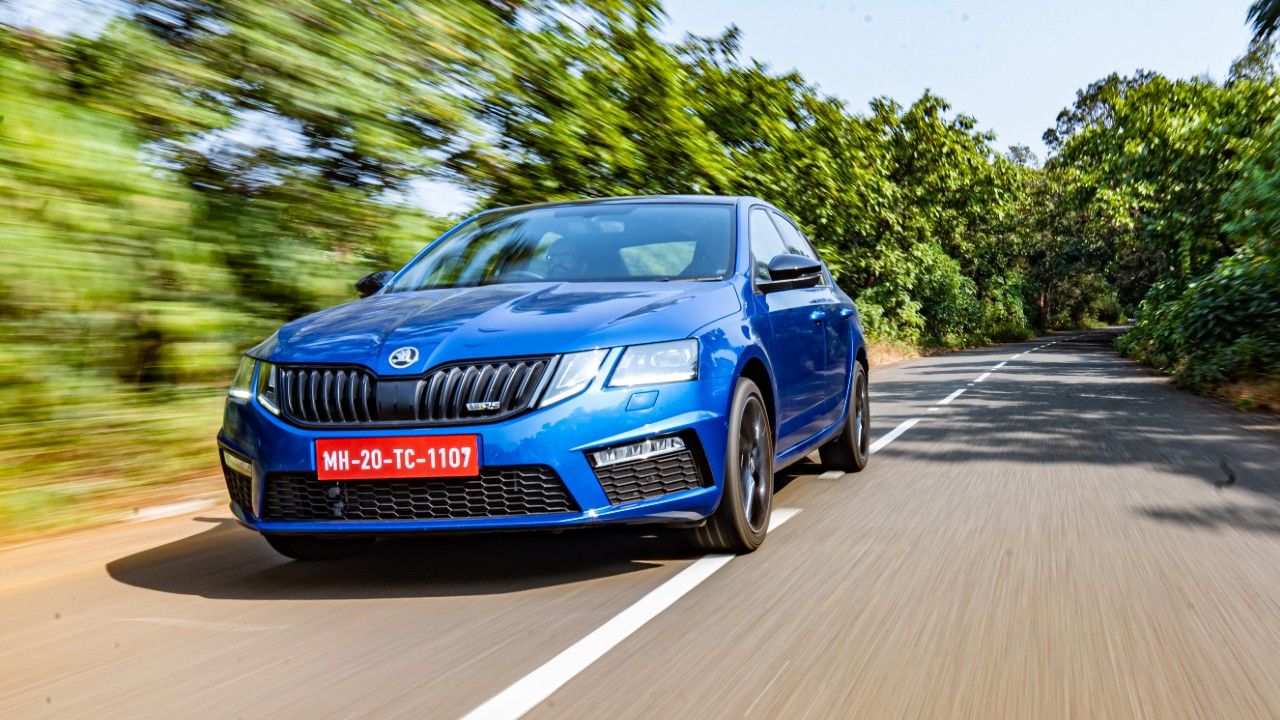
You have experience in the UK where Skoda’s RS brand has done very well. The RS brand has also been successful in India, so do you think you can expand the RS portfolio further in India?
Of course, you have to factor in that everything depends on demand, but we are not saying no to any possible opportunities. So, if there is a space for an RS product in the Indian market, and if it makes commercial sense, then we will be happy to bring more products. Because I remember a few years ago, when I was the regional head for Skoda in India, we brought the Octavia RS here, and it was quite a success. Of course, our core volume comes from India 2.0 products – the Kushaq and Slavia – but we also have possibilities for CBUs, and therefore for EVs. So, our goal is to target niche products like RS and EVs as CBUs, and if we get good traction, then we can potentially look at sourcing parts and components from India and building a fully localised EV in India itself in the near future.
You mentioned that when the time is right, you will look at manufacturing EVs in India. Is there a timeline you can share with us for when we can expect Skoda EVs in the Indian market?
I would say that right now for India, we’re looking at the Enyaq. It’s an EV that we already have in our European product range, and so far, there are only two markets it has been exported to outside of Europe. And very soon, we would like India to be the next market where the Enyaq gets exported to. If we can do that in 2023, we would be very happy, but, as of now, we are still in discussions. For now, I can’t confirm when local production of EVs will start in India, as our focus currently is on bringing the Enyaq into India as our first EV. Everything else will happen after that.
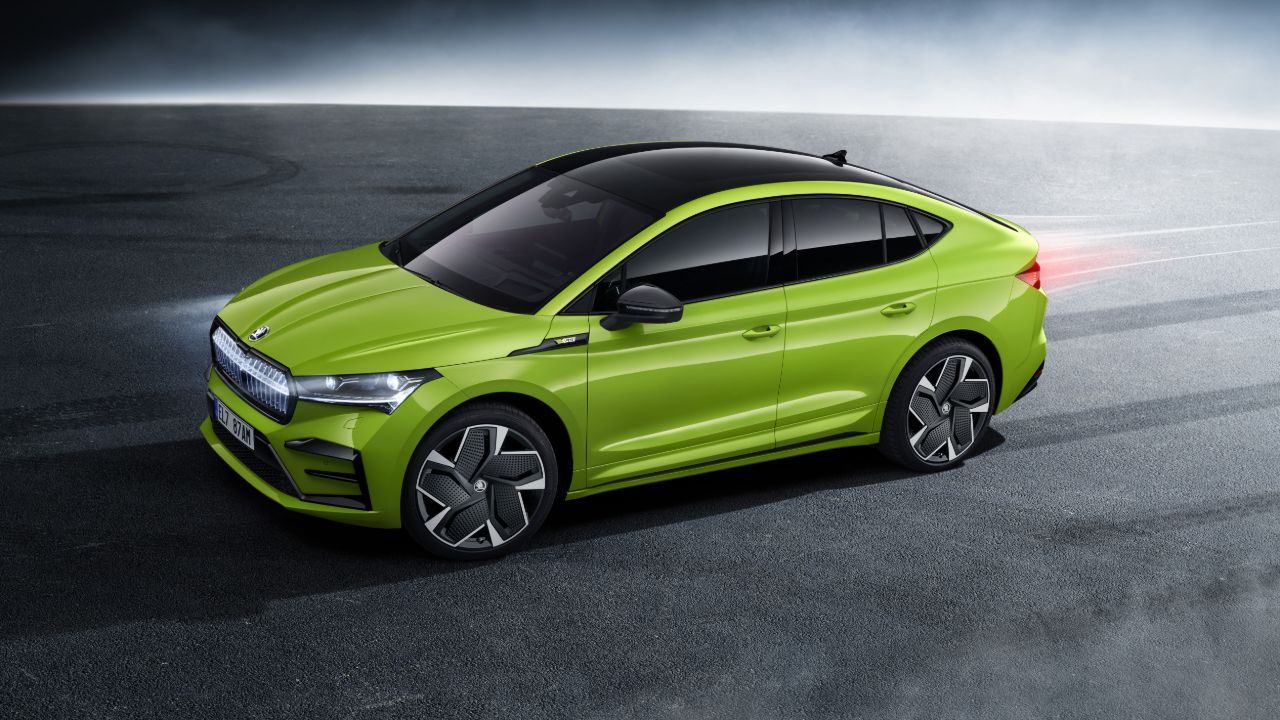
Given your increasing sales numbers and the fact that they are setting new records for the brand, does it make your life easier back at the headquarters in getting new products, like the Enyaq, for the Indian market?
Yeah, of course, it does. Basically, this year, thanks to the growth – 44,500 units until November 2022 – India became the third-biggest market for Skoda worldwide. And it is unprecedented. India has never been our third-biggest market worldwide in the past. In other words, India is now the biggest market for Skoda outside of Europe. Germany will always be Germany for us, and the Czech Republic is our domestic market, but India is the number one market for Skoda apart from those two. And it’s something that we would definitely like to explore and develop further. So, to answer your question, yes, being successful in India makes a huge difference. The entire Skoda board now is aware of Skoda India’s success, and we definitely have higher chances of getting new vehicles for the Indian market on priority. But it has to first make commercial sense for us.
'This year, thanks to the growth, India became the third-biggest market for Skoda worldwide’
In terms of large SUVs, the Kodiaq has done very well for you, but its sales have been hampered by problems in terms of supplies. Will we see any improvement in 2023?
Yeah, for the Kodiaq – since it’s a CBU – we had difficulties in terms of supplies in 2022, but in 2023, we have very ambitious sales targets for the Kodiaq, and the supplies for the SUV will resume full strength next year.
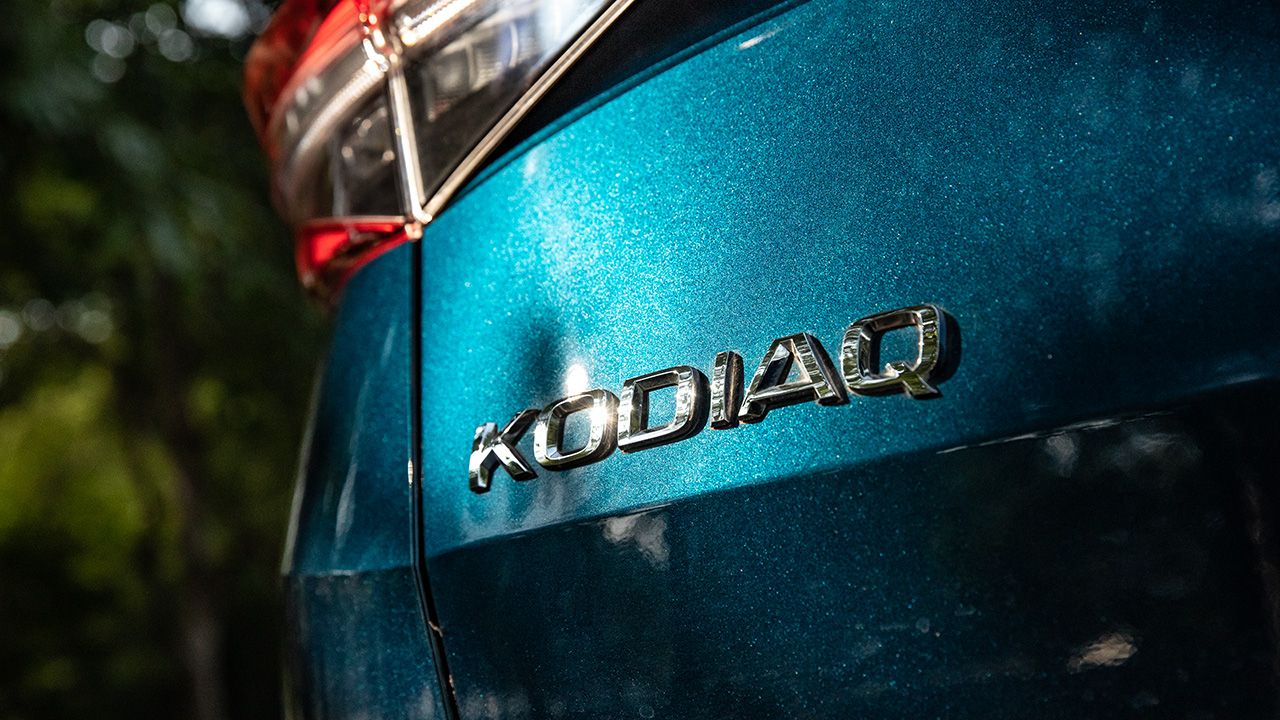
Read more:
Interview with Zac Hollis, Director, Skoda Auto India
Interview with Ashish Gupta, Brand Director, Volkswagen Passenger Cars India
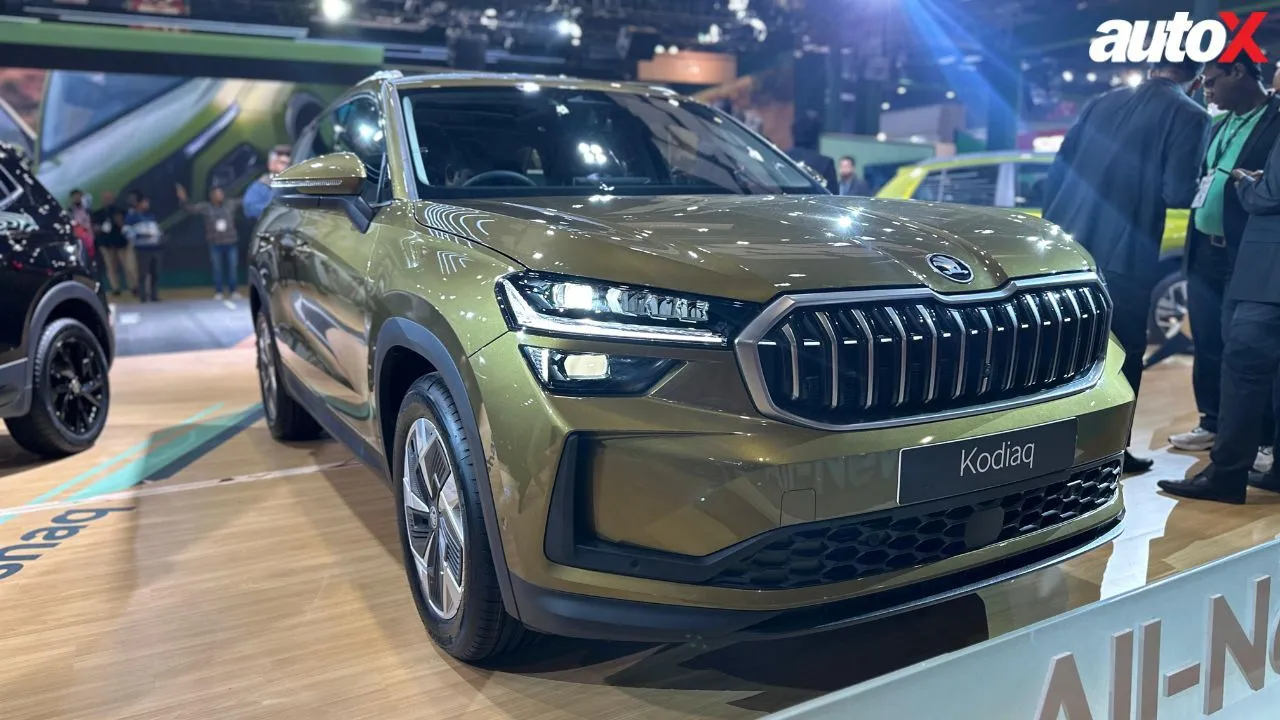

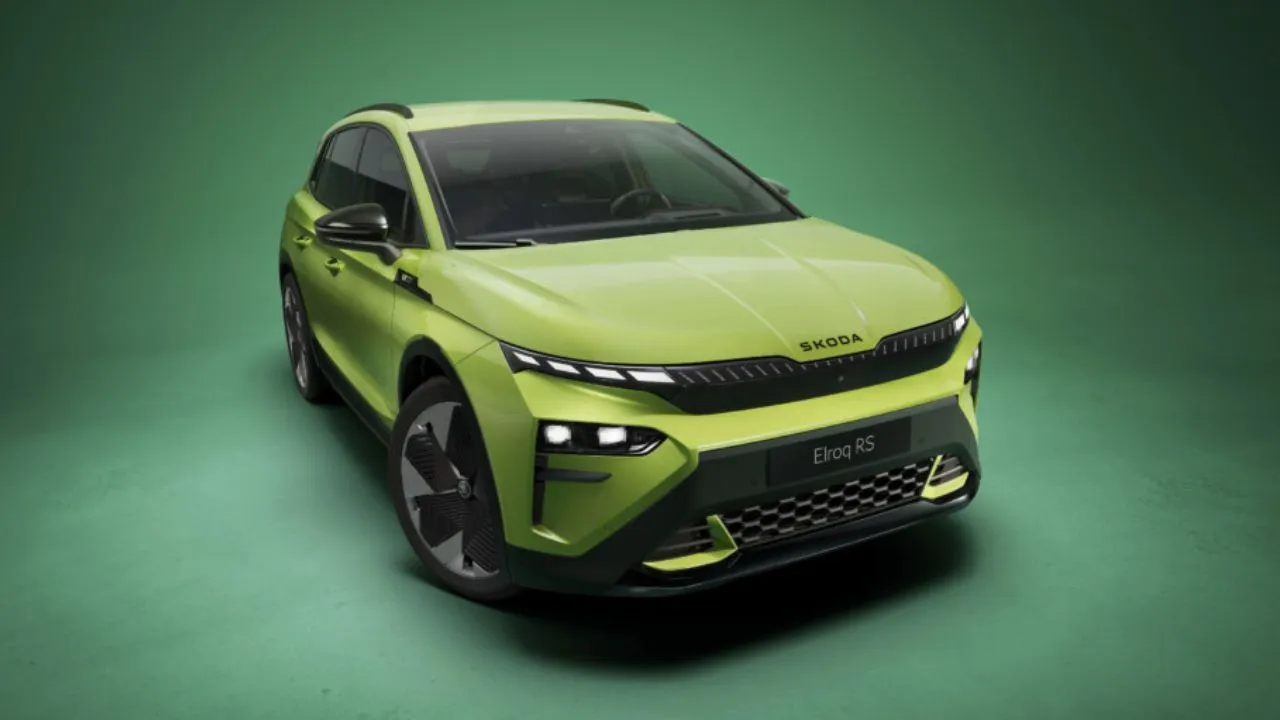
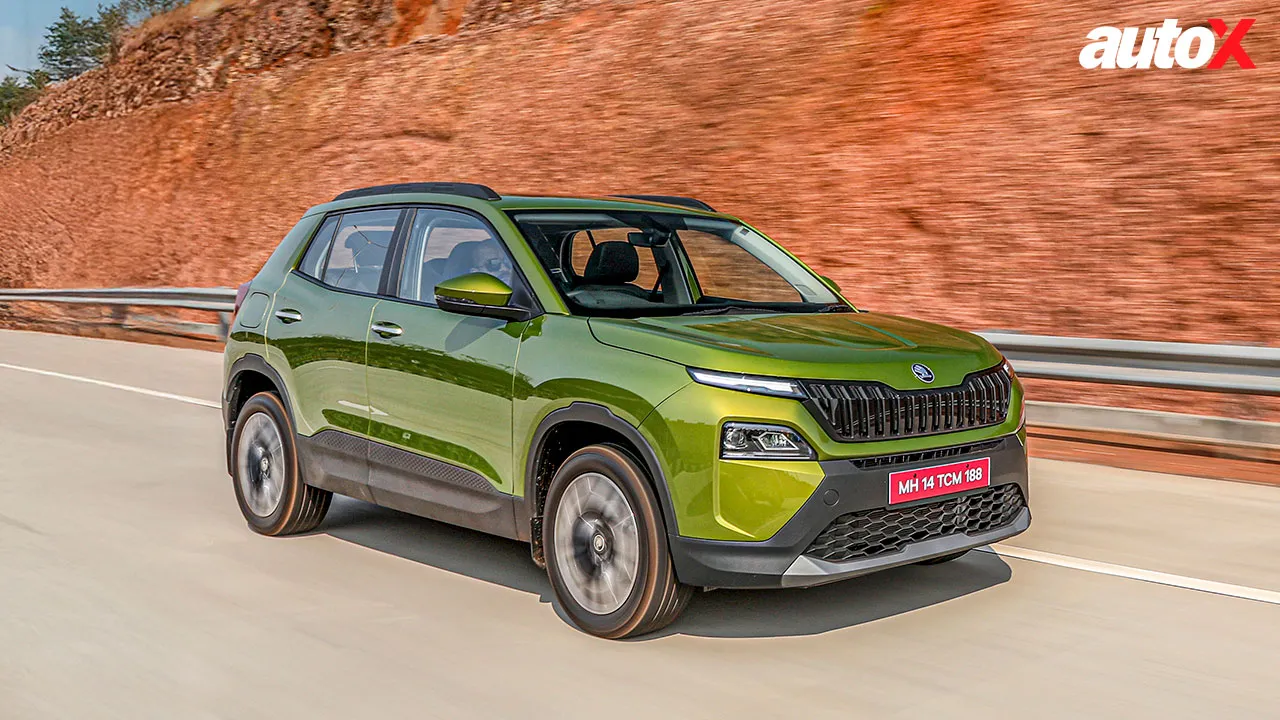
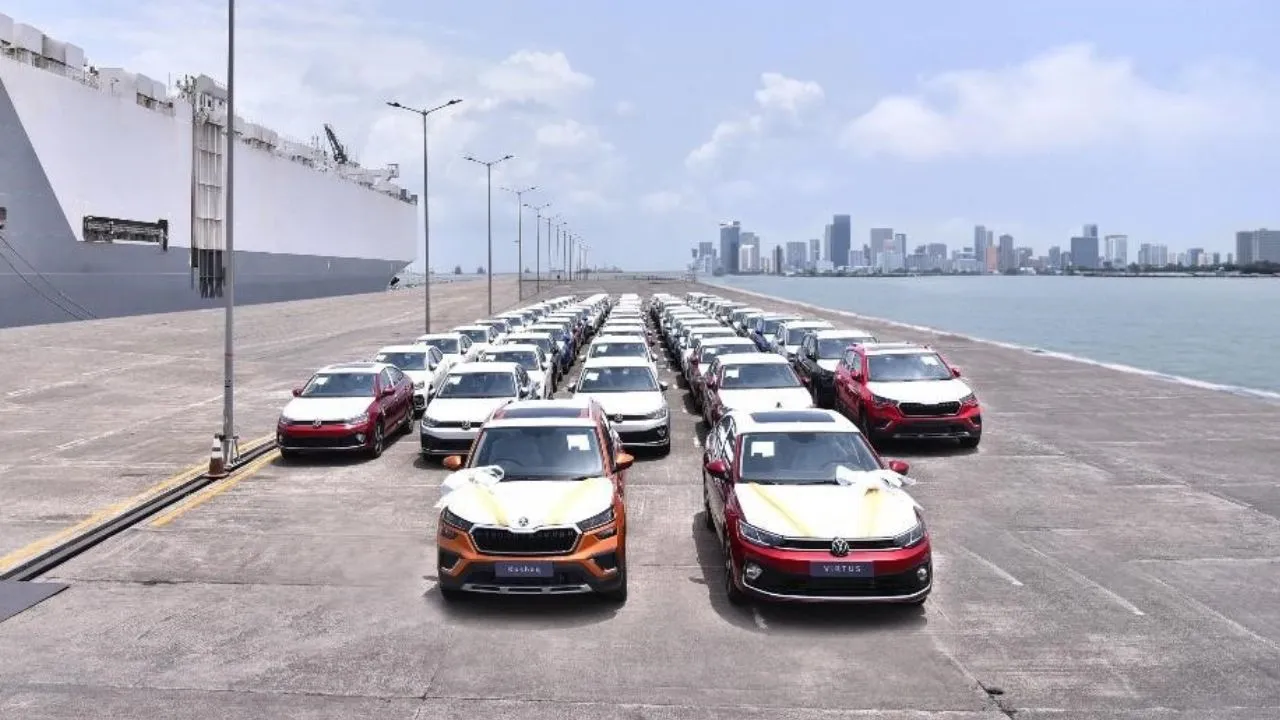
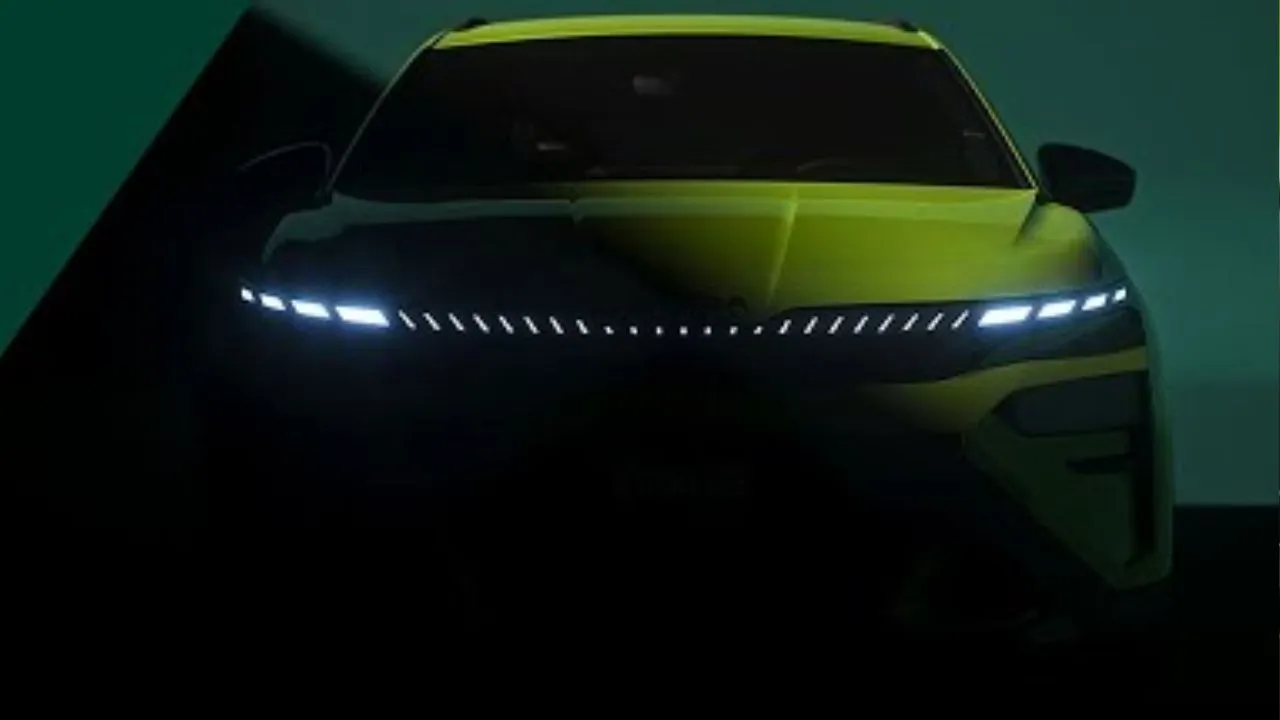
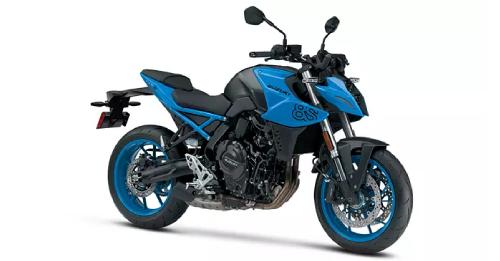
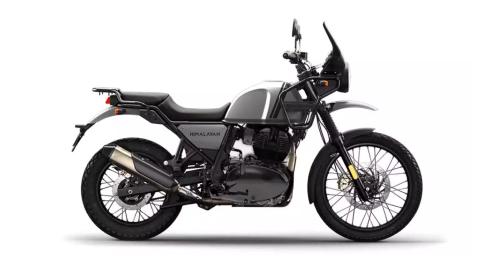
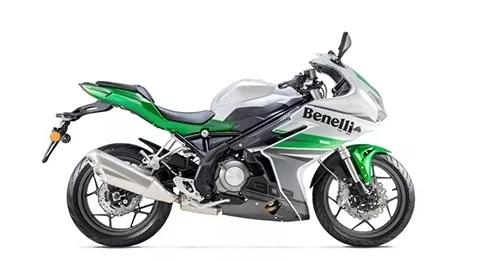
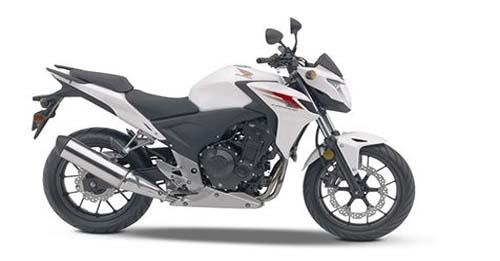
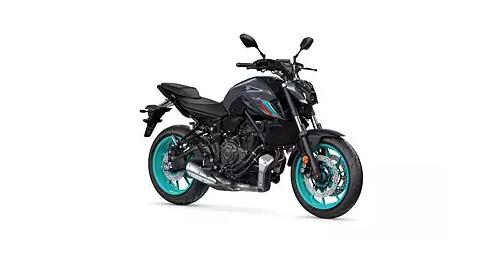
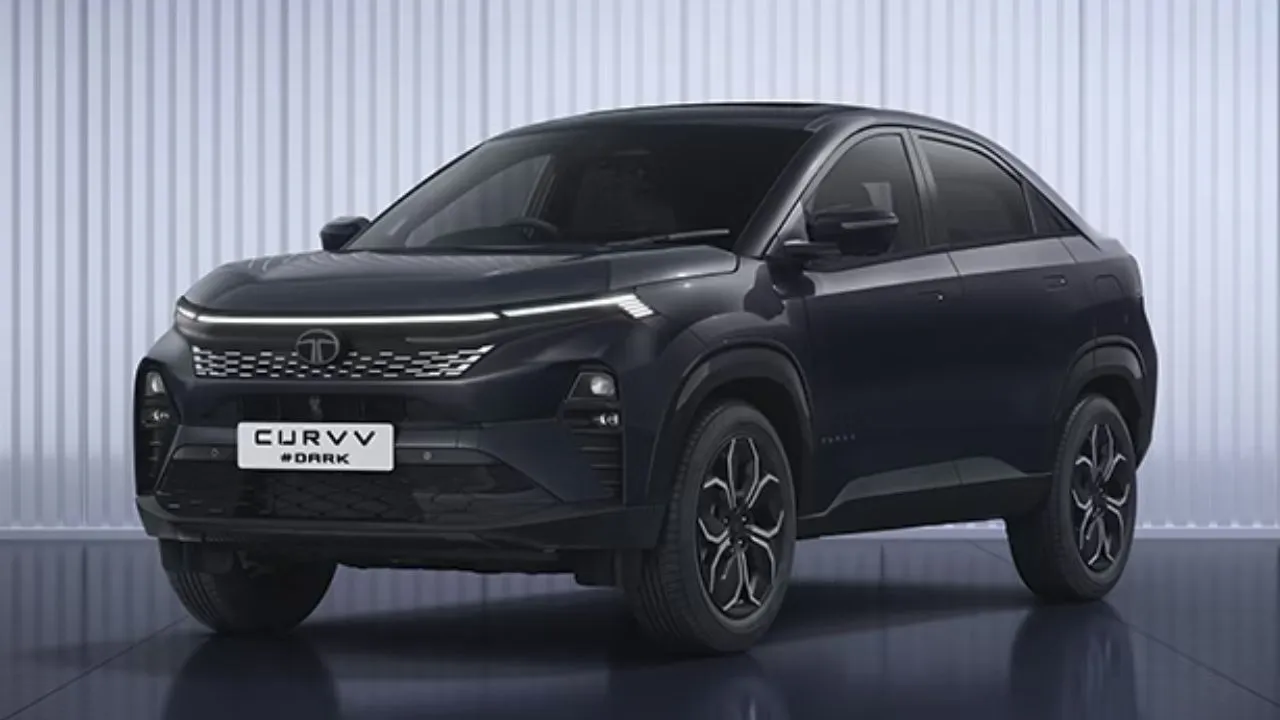
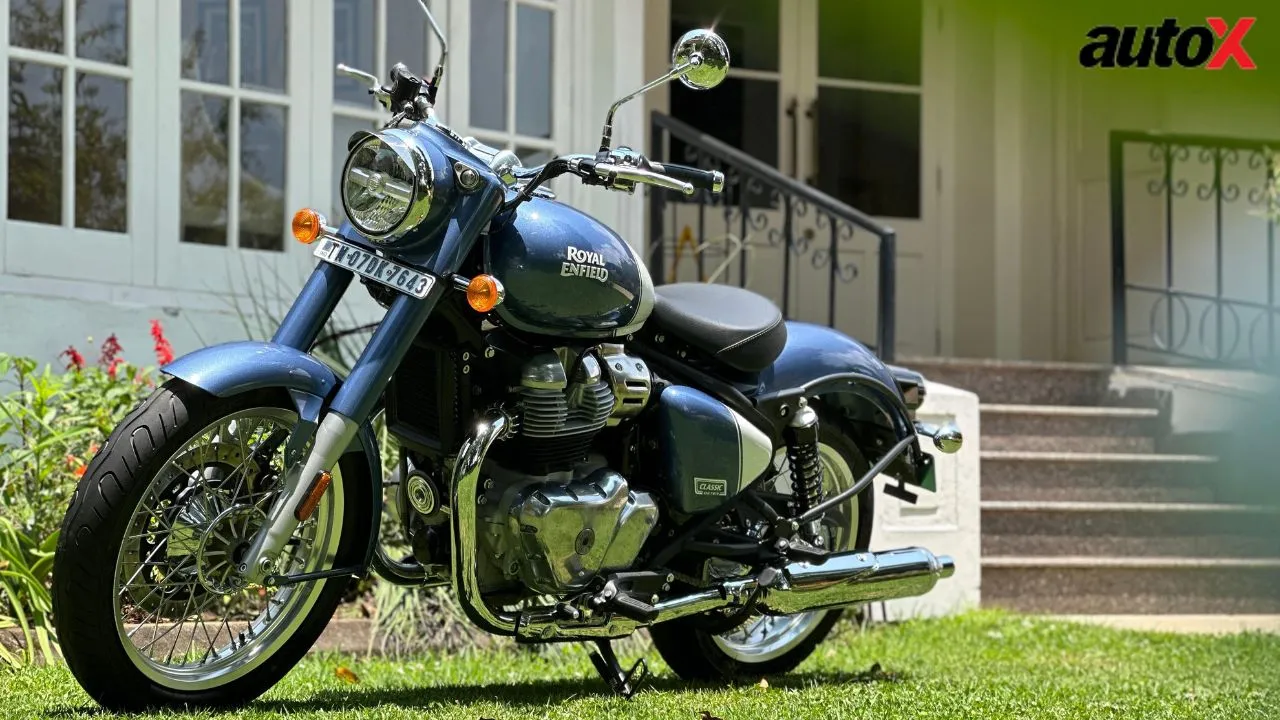
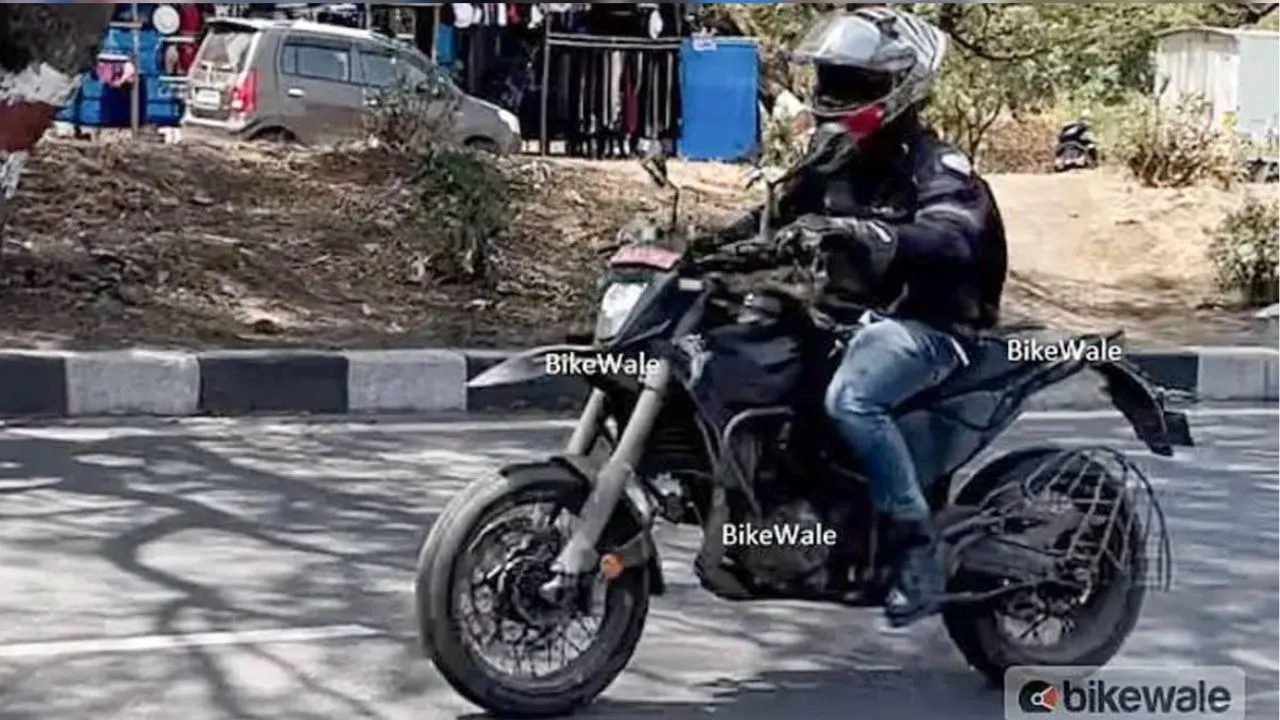
-(1).webp)
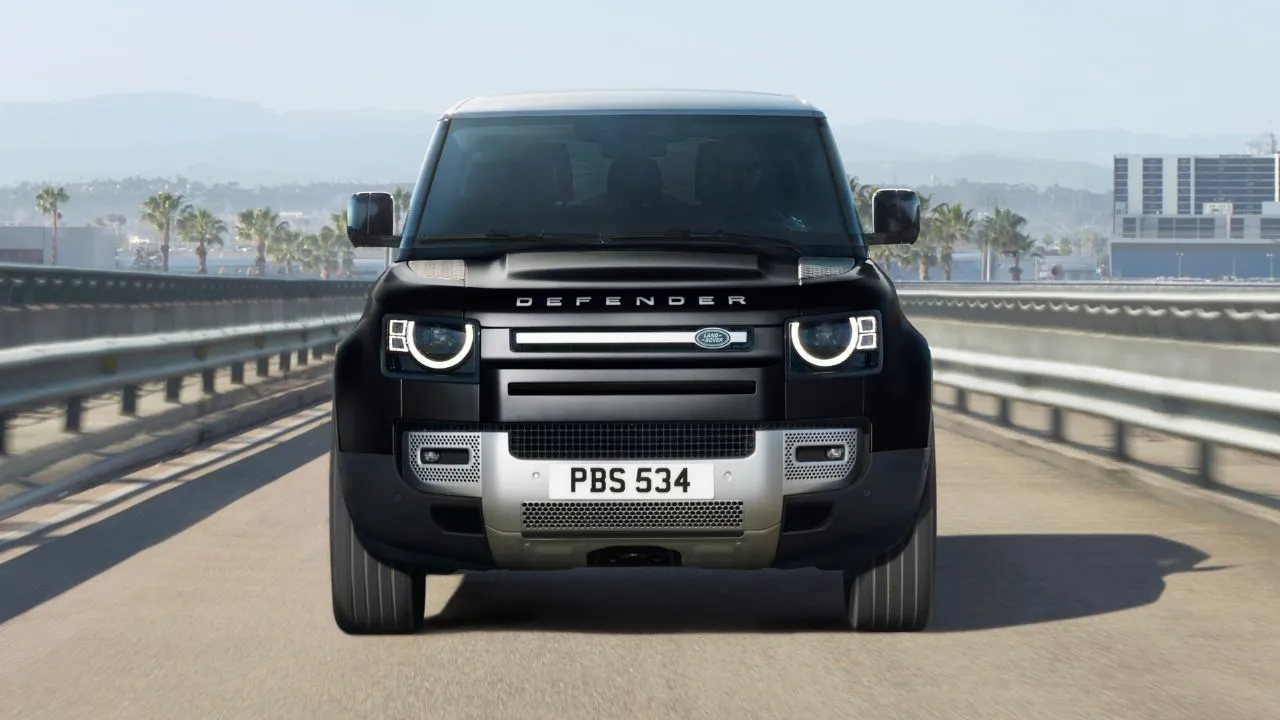
Write your Comment on